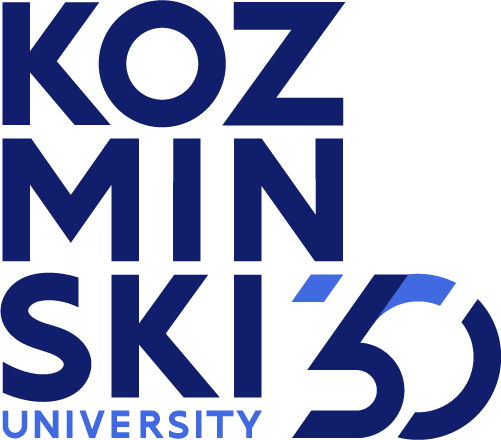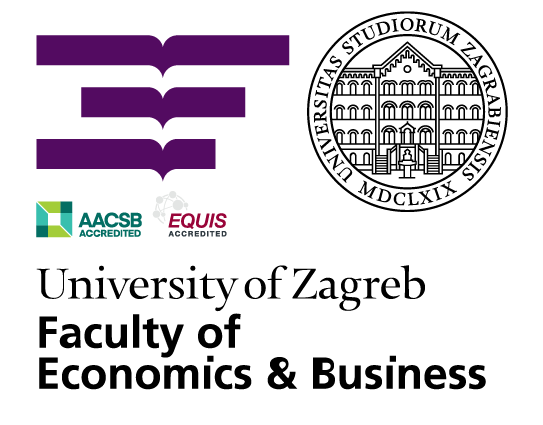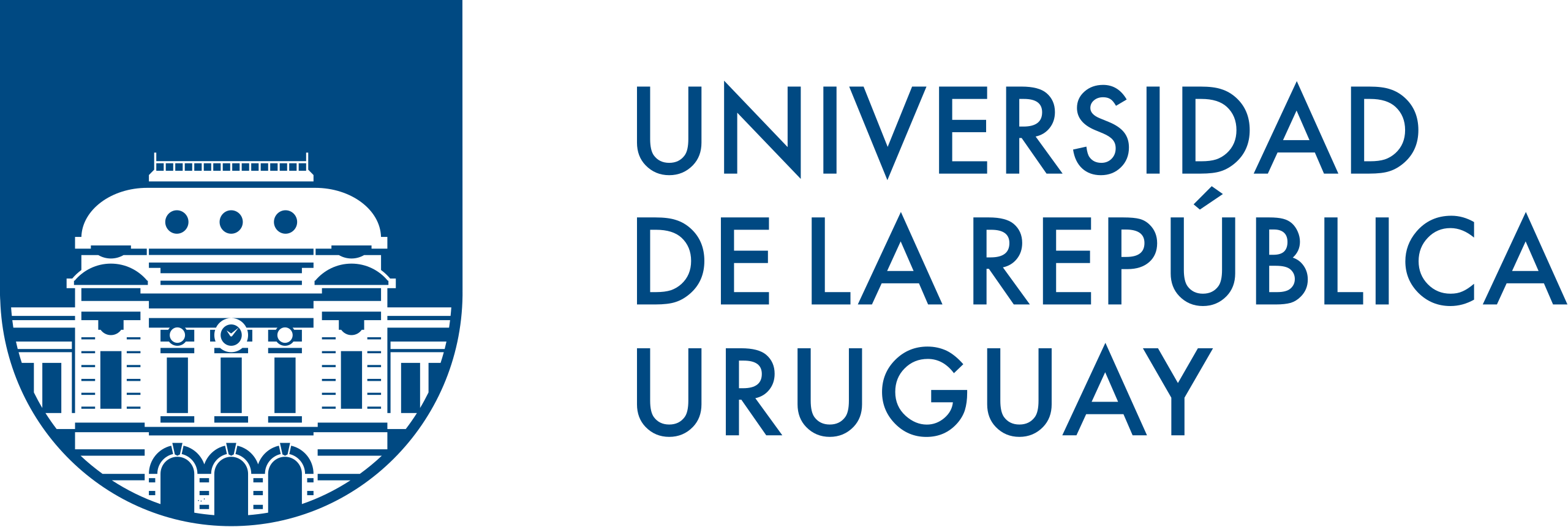Disclaimer
The information provided on this website is for general
informational purposes only. We make no representations or warranties of any kind, express or implied, about
the accuracy, reliability, completeness, or suitability of the information contained herein.
The content on this website is not intended to constitute advice
or recommendations of any kind. Users are encouraged to seek professional advice or conduct their own
research before making any decisions based on the information provided.
We reserve the right to change, modify, or remove content on this
website at any time without prior notice.
We shall not be liable for any direct, indirect, incidental,
special, or consequential damages arising out of the use or inability to use the information provided on
this website, or any misuse or abuse of said information.
By using this website, you agree to release us from any and all
liability related to your use of the information provided herein.
References and Links
This website may contain links to third-party websites or
resources. These links are provided solely for convenience and informational purposes. We do not endorse or
take responsibility for the content, accuracy, or reliability of any third-party websites linked to from
this site. Furthermore, we have no control or influence over the content or design of these third-party
websites. Any reliance you place on such information is strictly at your own risk. We shall not be liable
for any damages or losses arising from your use of, or reliance on, third-party websites linked to from this
site.
Copyright
Copyright © 2024 Lucerne School of Business,Institute of
Management and Regional Economics All rights reserved.
The content, images, graphics, and other materials on this website
are protected by copyright law and other intellectual property rights. Any reproduction, distribution, or
modification of the content on this website, in whole or in part, without the prior written permission of
the copyright holder, is strictly prohibited.











